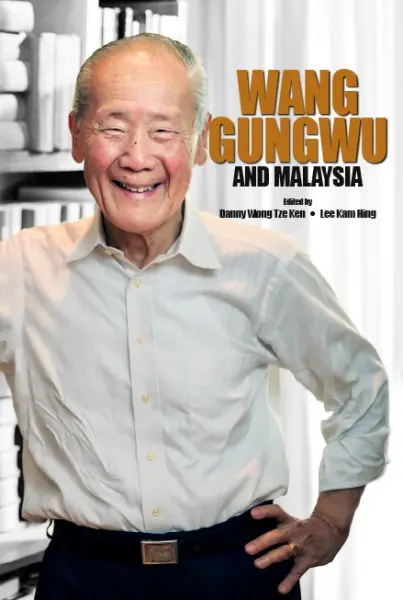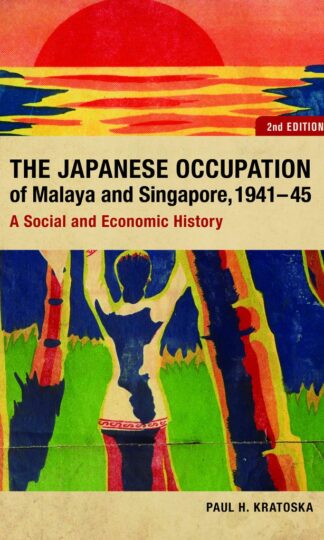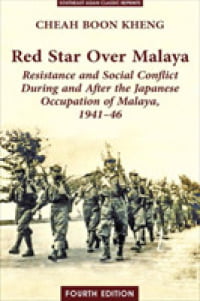Description
“This book is a fitting tribute to the doyen of historians of Southeast Asia, Wang Gungwu. A host of distinguished contributors discuss Wang’s unparalleled achievements as a pioneer, teacher and mentor, and bring unique insights into the academic study of history and its place in Malaysia’s intellectual life – Tim Harper Professor of the History of Southeast Asia Head, School of the Humanities and Social Sciences University of Cambridge
A well-conceived book on Professor Wang Gungwu’s multi-faceted connections with Malaysia through the eyes of his colleagues and friends. It is not only about Wang, but also about a remarkable era that witnessed decolonialisation, nationalism, and globalisation. A must-read for anyone interested in the intellectual history of post-colonial Southeast Asia and the Chinese diaspora – Hong Liu Tan Lark Sye Chair Professor, School of Social Sciences Nanyang Technological University
Professor Wang Gungwu’s ties to the University of Malaya (UM) run deep – he studied at the campus in Singapore and began his illustrious academic journey at the new History Department established in Kuala Lumpur. This collection from Wang’s colleagues and former students provides a fascinating account of Wang’s time at UM and of the lasting influence his early works have had on research and writing of Malaysian history and the Chinese overseas – Leo Suryadinata Visiting Senior Fellow, ISEAS Yusof Ishak Institute Formerly, Professor at Department of Political Science, National University of Singapore
This is a volume to honour Professor Wang Gungwu, whose long and distinguished career began in the University of Malaya. Wang inspired a generation of scholars and his writings continue to be very influential. This collection of 16 essays by eminent scholars is a major contribution to the study of humanities and social sciences in Malaysia – Syed Farid Alatas Professor, Department of Sociology, National University of Singapore Visiting Professor, Department of Anthropology & Sociology, University of Malaya”






